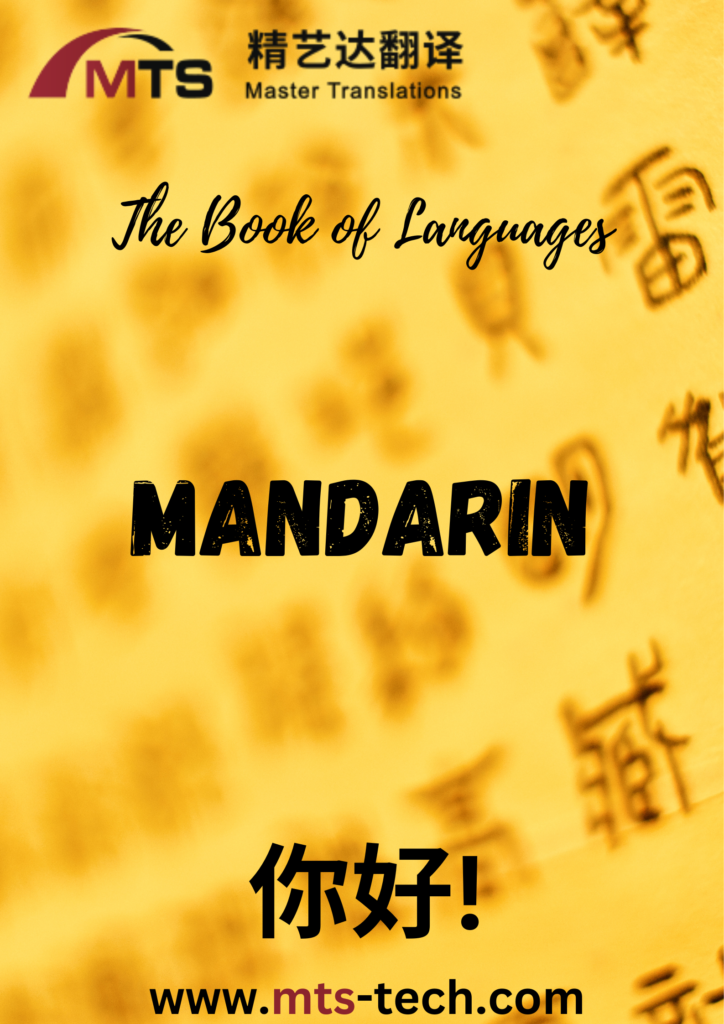

Mandarin, sometimes known as Standard Chinese or Putonghua, is not just a language, but a labyrinth of history, culture, and music. With its tonal symphony and pictographic script, it’s like a cryptic puzzle that tantalizes linguists and culture enthusiasts alike. Boasting of being the most widely spoken language in the world, Mandarin is the lingua franca of over a billion people, primarily in China, and is increasingly becoming a global language.
The beauty of Mandarin lies in its complexity and precision. It is a language that uses tones to differentiate words, a concept foreign to many Western languages. So, buckle up, dear reader, because we’re about to embark on a delightful exploration of the Mandarin language – its history, interesting words, intriguing facts, music, and how you can start learning it.
History
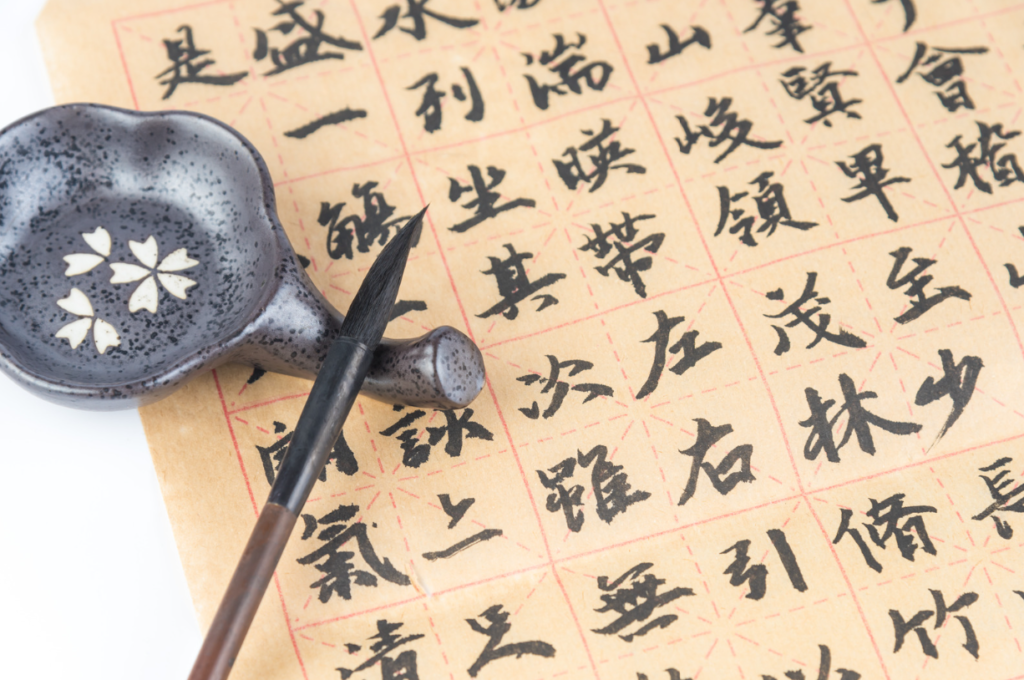
The Mandarin language has a history as rich and intriguing as the civilization it originated from. It evolved from the Sinitic languages, which were spoken in China around 2000 BC. Later, through a series of historical and political changes, Mandarin, specifically the Beijing dialect, became the official language of China in the early 20th century.
The evolution of Mandarin is a testament to the resilience and adaptability of Chinese culture. Even as it assimilated influences from other dialects and languages, Mandarin retained its unique character and structure. It’s like a time capsule, carefully preserving the nuances of ancient Chinese culture while also adapting to the changing times.
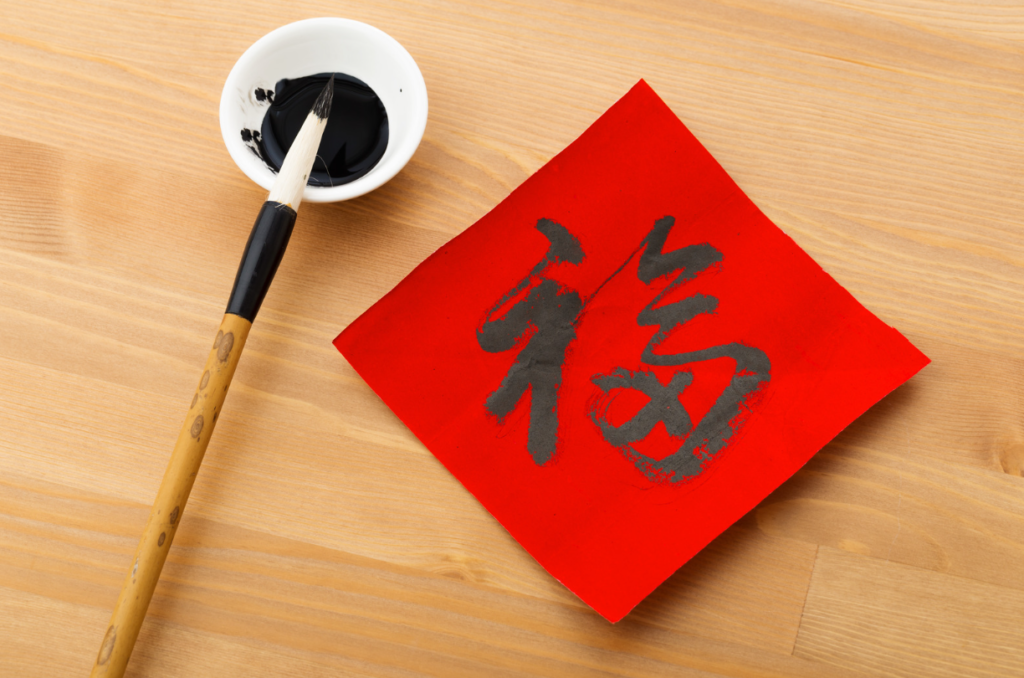
Mandarin is a treasure trove of fascinating words and phrases. Take for instance, “马马虎虎” (mǎmǎhūhū) which literally translates to “horse horse tiger tiger” but actually means “so-so” or “mediocre”. Now isn’t that a fun way to express mediocrity?
Then there’s “人山人海” (rénshānrénhǎi), which literally translates to “people mountain people sea”, signifying a huge crowd of people. It’s fascinating how Mandarin uses vivid imagery to express ideas, making it a truly poetic language
Time is relative!
Did you know that Mandarin has no verb conjugations or tenses? Yes, you read that right! Time is indicated by context or by using specific time-indicating words. This could either be a learner’s dream or a nightmare, depending upon your perspective!
Another fact that might make you raise an eyebrow (or both), is that Mandarin is primarily composed of monosyllabic words. That’s right, most words in Mandarin consist of just one syllable! This makes Mandarin an extremely compact and efficient language.
Music – You have to try it yourself!
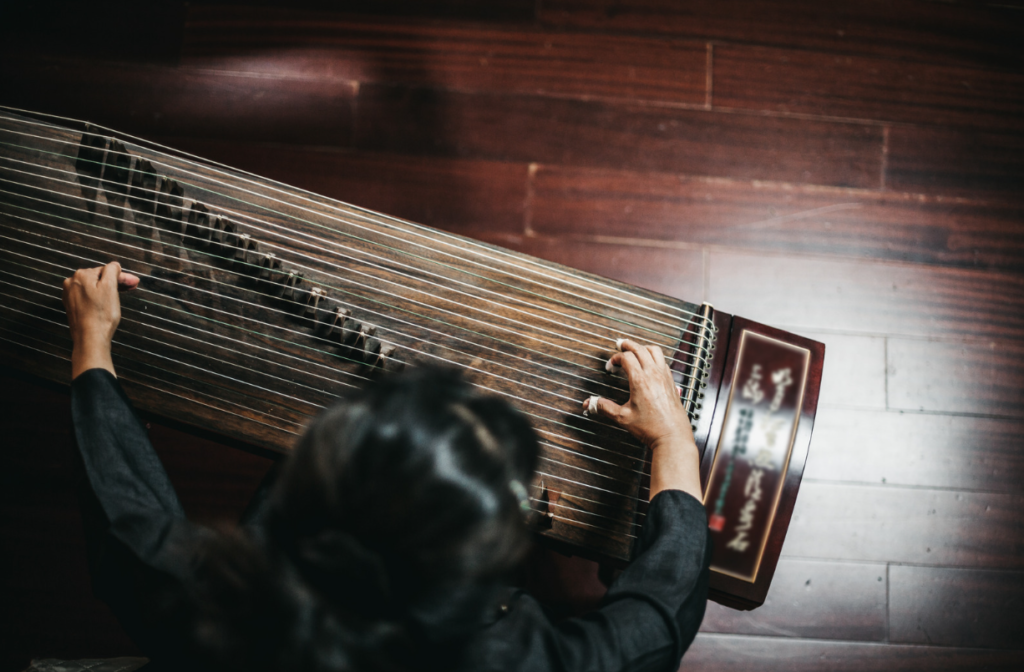
The tonal nature of Mandarin gives it a unique musicality. This is beautifully reflected in Chinese music, where lyrics often play with tones to create a melodious effect. From traditional opera to modern pop, Mandarin music is a fascinating blend of old and new, classical and contemporary.
What’s more, many Chinese songs incorporate classical Chinese poetry, adding an extra layer of depth and culture to the music. So, if you’re a music enthusiast, delving into Mandarin music might just be your ticket to a whole new world of sonic experiences.
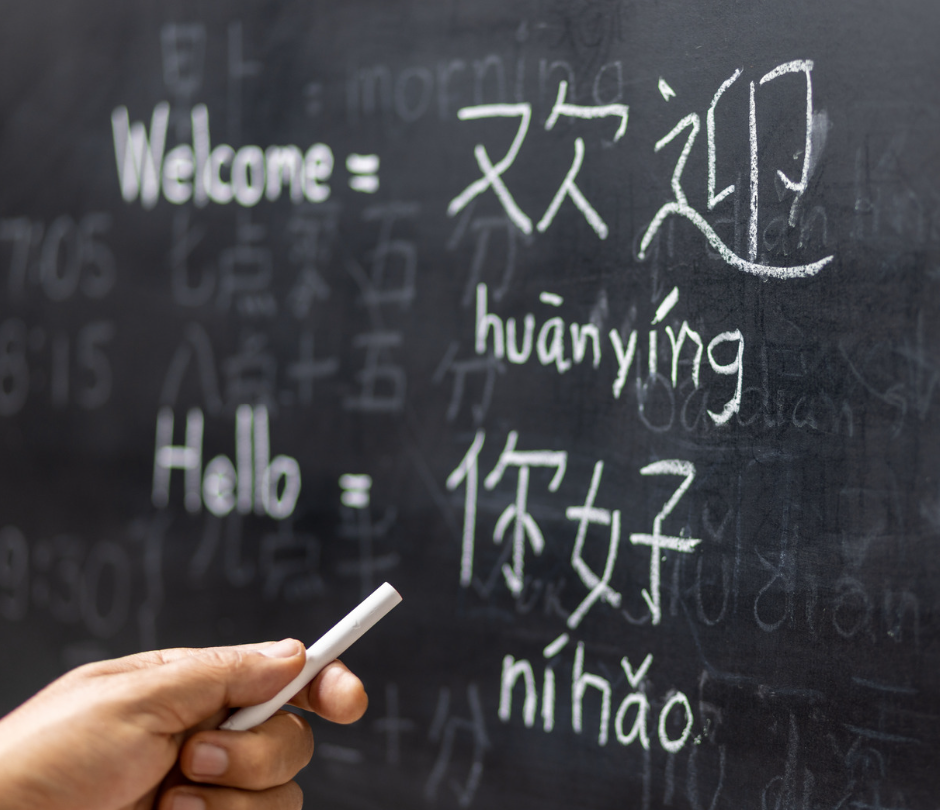
Learning Mandarin might seem like a Herculean task at first. However, with patience, practice, and a sense of humor, it can be an incredibly rewarding journey. Start by familiarizing yourself with the four tones and Pinyin, the phonetic system for transcribing the Mandarin pronunciations of Chinese characters into the Latin alphabet.
Don’t be disheartened by the complexity of Chinese characters. Remember, every stroke is a brush with history and culture. There are also numerous resources available online, from language learning apps to video tutorials, to make your Mandarin learning journey easier and more enjoyable.
So there you have it – a whirlwind tour of the captivating world of Mandarin. Whether you’re a linguist, a culture enthusiast, a music lover, or a curious mind, diving into Mandarin is an adventure worth embarking upon. Happy learning!

